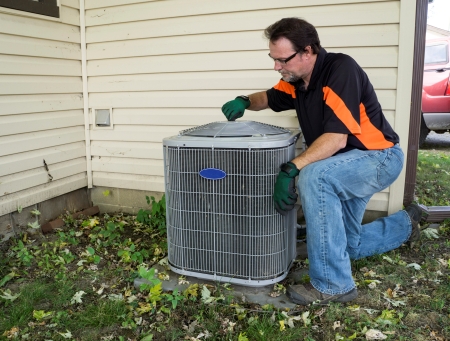The New Freon Changes: What You Need to Know

The HVAC industry is gearing up for a major transformation in 2025, and it's all about refrigerants—commonly known as “Freon” in some circles. As of January 1, new air conditioners and heat pumps sold in the U.S. will no longer use the familiar R-410A refrigerant. Instead, they'll transition to more environmentally friendly options like R-454B and R-32, driven by the American Innovation and Manufacturing (AIM) Act. This federal push aims to phase down hydrofluorocarbons (HFCs) with high global warming potential (GWP), aligning with broader climate goals. The new refrigerants, classified as A2L, boast a much lower GWP, which is great news for the planet—but there's a catch: they're mildly flammable.
This flammability introduces some challenges. To ensure safety, manufacturers are redesigning systems with extra precautions, like leak detection sensors and enhanced ventilation features. That means new units will likely come with a higher price tag, both for the equipment itself and the installation process. For homeowners and businesses, this could make upgrading or replacing an HVAC system a bit more expensive in the coming years. On the flip side, these changes are a step toward sustainability, reducing the carbon footprint of cooling and heating our spaces.
If you've got an existing system running on R-410A, don't panic—it's not suddenly useless. You can still repair and maintain it, though the cost of R-410A might creep up as supplies tighten over time. The refrigerant isn't banned outright, but production will gradually scale back, so stockpiles won't last forever. For those with older R-22 systems (phased out years ago), this might feel like déjà vu—another reminder that staying current with HVAC tech can save headaches down the road.
Thinking about a new system? Timing matters. Buying a unit before the 2025 deadline could lock in lower costs if you're fine with R-*410A, since post-deadline prices for A2L-compliant models might sting a little more. That said, early adopters of the new tech could benefit from improved efficiency and eco-credentials. Either way, it's worth a conversation with your HVAC technician to weigh your options—whether that's sticking with your current setup or jumping into the greener future. The Freon shift is here, and it's reshaping how we keep cool!
Reach Out To Our Hvac Company & Indoor Air Quality Experts In Delray Beach!